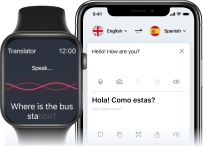Topic name translate to korean: Discover the unique charm of your name in Korean! Learn how to translate your name into Korean, understanding its cultural significance and beauty, with our comprehensive guide.
Table of Content
- How can I translate my name into Korean?
- Understanding Korean Name Structure and Significance
- How to Use Online Korean Name Generators
- Translating Your Name to Korean Manually
- Popular Korean Name Translation Services and Websites
- Common Challenges in Korean Name Translation
- Korean Naming Culture and Etiquette
- YOUTUBE: How to Write Your Name in Korean - Hana Cho
- Examples of Translated Names in Korean
- Using Korean Names in Professional and Social Settings
- Tools and Resources for Learning More About Korean Names
How can I translate my name into Korean?
To translate your name into Korean, you have several options:
- Use an online Korean name generator like Korean Name Generator. Enter your name and it will provide a phonetic translation in both Hangul and romanized form.
- Look for a professional Korean translation service that can accurately translate your name. This option may be more suitable if you are looking for a precise translation.
- Consult a Korean-speaking friend or language expert who can help you translate your name. They can guide you on the proper pronunciation and spelling in Korean.
- If you have a preferred translation in mind or want to understand the meaning behind certain Korean names, you can look up a Korean-English dictionary or online resources to find equivalent names or their meanings.
Overall, it\'s important to consider the cultural and linguistic aspects when translating your name into Korean. A native speaker or professional translation service can ensure accuracy and provide the best options for your specific name.
READ MORE:
Understanding Korean Name Structure and Significance
Korean names hold deep cultural and familial significance, typically consisting of a family name followed by a given name, both of which are deeply rooted in tradition and meaning. Here\"s a closer look at their structure and significance:
- Family Name: The family name, or surname, comes first and is usually one syllable. There are a limited number of family names in Korea, with Kim, Lee, and Park being the most common.
- Given Name: Following the family name, the given name usually consists of two syllables that can be chosen based on their meaning and the parents\" hopes for the child. Unlike in many Western cultures, the choice of given names is not limited to traditional names and can include newly created names that carry significant meanings.
- Meaning and Characters: Each syllable in a Korean name is written with a distinct character (Hangul) and has a specific meaning. Parents spend considerable time choosing names with positive connotations and meanings, such as prosperity, beauty, or strength.
- Cultural Significance: Names are not just personal identifiers but also carry a weight of cultural heritage, linking individuals to their ancestry and reflecting societal values.
The significance of names extends beyond personal identity, influencing social interactions and relationships. Understanding the structure and meaning behind Korean names can provide insight into Korean culture and the importance placed on names within society.

How to Use Online Korean Name Generators
Online Korean name generators are a fun and easy way to discover your Korean name based on your own name or preferences. Here’s a step-by-step guide on how to use them:
- Select a Generator: Start by choosing an online Korean name generator. There are several available, each offering different features, such as translation based on your name’s meaning or creating a name based on your personality traits.
- Input Your Details: Enter your name or the specific details requested by the generator. Some may ask for your birth date, favorite numbers, or values you hold dear to suggest a name that matches your personality.
- Choose Your Preferences: Some generators allow you to specify the type of name you’re interested in, such as traditional, modern, or based on certain Korean characters that you prefer.
- Generate Your Korean Name: Once you’ve input all necessary details, click the generate button. The generator will provide you with a Korean name, often along with its meaning and pronunciation.
- Learn About Your Name: Take some time to learn about the meaning behind your new Korean name. Many generators provide details on the significance of each syllable and how they relate to Korean culture.
Using an online Korean name generator can provide a unique insight into Korean naming traditions and offer you a personalized Korean name based on your own characteristics and preferences.
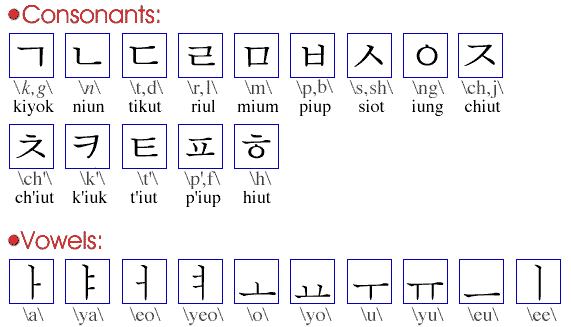
Translating Your Name to Korean Manually
Translating your name into Korean manually involves understanding the phonetic and cultural nuances of the Korean language. Follow these steps to create a meaningful Korean version of your name:
- Understand the Korean Phonetic System: Korean names are based on Hangul, the Korean alphabet, which has specific sounds for each character. Begin by learning how your name\"s sounds correspond to Hangul characters.
- Break Down Your Name Phonetically: Divide your name into syllables and find the closest Korean phonetic equivalents. Remember, some English sounds do not have direct counterparts in Korean.
- Choose Appropriate Korean Characters: Select Hangul characters that best match the phonetic breakdown of your name. This might involve choosing characters with similar sounds or meanings that resonate with you personally.
- Consider Korean Naming Conventions: Korean names typically consist of a one-syllable family name followed by a two-syllable given name. Try to adapt your name to fit this structure, if possible.
- Seek Feedback: If you have Korean friends or acquaintances, ask for their feedback on your translated name. They can offer insights into the name\"s meaning, pronunciation, and cultural appropriateness.
- Practice Pronunciation: Once you have settled on a translation, practice pronouncing it correctly. Proper pronunciation is crucial to ensuring your Korean name is recognized and respected by Korean speakers.
Translating your name to Korean manually not only gives you a unique connection to Korean culture but also provides a deeper understanding of the language and its naming traditions.
Popular Korean Name Translation Services and Websites
Finding the perfect Korean name is made easier with various online translation services and websites. These platforms offer accurate translations, insights into the meaning of names, and even suggestions based on your personal preferences. Here are some popular options:
- Korean Name Generator: This tool offers personalized Korean names based on the input of your English name. It considers the phonetic sound of your name to provide a Korean equivalent.
- Babylon Translator: Known for its comprehensive language translation services, Babylon also includes a feature for translating names into Korean, offering both phonetic and literal translations.
- Behind the Name: This website not only translates your name into Korean but also provides detailed information on the meaning, origin, and cultural significance of Korean names.
- Hi! Penpal: A site that connects people from around the world, Hi! Penpal includes a feature for translating names into Korean, making it a great resource for those looking to adopt a Korean name for cultural exchange purposes.
- Korean Name Translation Forums: Several online forums and communities are dedicated to Korean culture and language. Members often help translate names into Korean and discuss the nuances of Korean naming conventions.
These services and websites offer a great starting point for anyone looking to translate their name into Korean, providing a blend of accuracy, cultural context, and personalization.
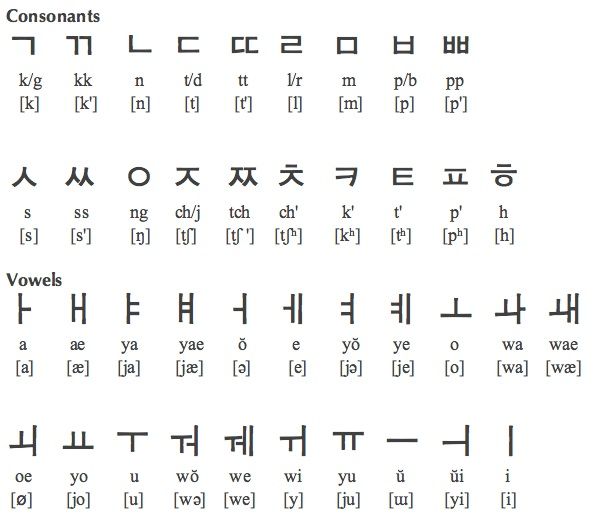
_HOOK_
Common Challenges in Korean Name Translation
Translating names into Korean presents unique challenges, largely due to differences in linguistic structures, cultural nuances, and phonetic systems. Understanding these challenges can help in finding the most appropriate Korean name equivalent. Here are some common issues encountered:
- Phonetic Limitations: Some English sounds do not have direct equivalents in Korean, making it difficult to create a phonetically accurate translation. This can result in a Korean name that sounds quite different from the original name.
- Cultural Differences: Names carry significant cultural meanings and connotations. A direct translation might not convey the intended significance or might be culturally inappropriate.
- Structural Differences: Korean names typically follow a specific format, with a one-syllable family name followed by a one- or two-syllable given name. Adapting Western names to this structure can be challenging.
- Choosing the Right Characters: Korean names are written in Hangul, and each character has its own meaning. Finding characters that match the phonetic sound and carry a suitable meaning requires a deep understanding of Korean language and culture.
- Personal Identity: A translated name may not feel as personally or culturally connected to an individual as their original name, leading to issues of identity and belonging.
Despite these challenges, with careful consideration and possibly consultation with Korean speakers or experts, one can find a Korean name that respects both the sound and meaning of their original name.
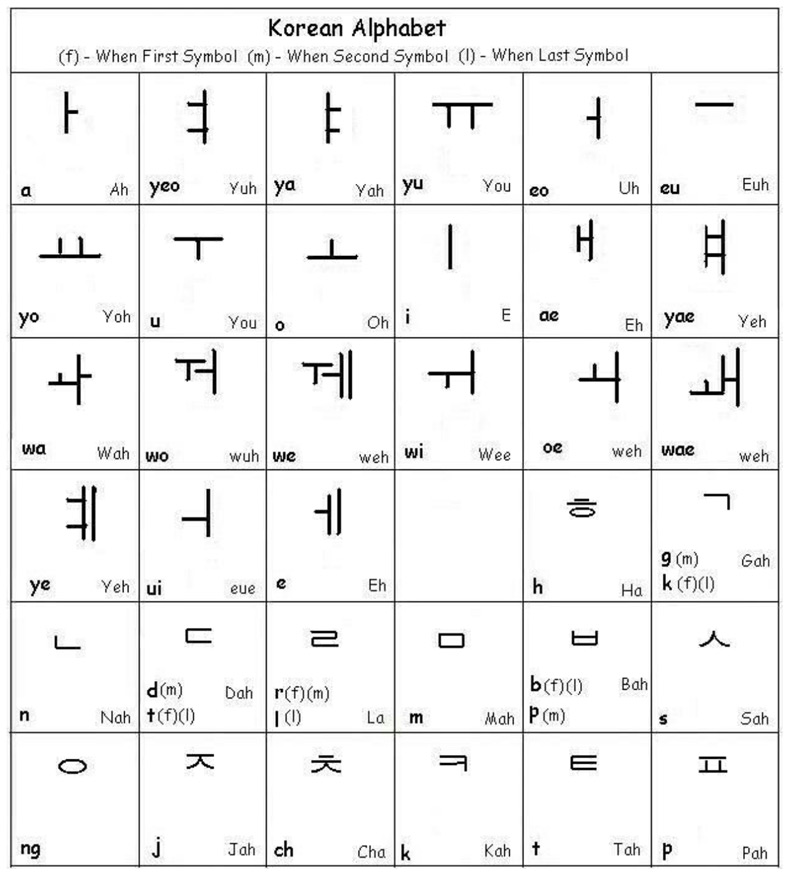
Korean Naming Culture and Etiquette
Korean naming culture is rich in history and significance, reflecting deep familial ties and societal values. Understanding the etiquette and traditions surrounding Korean names is crucial for anyone looking to connect with Korean culture. Here are key aspects to consider:
- Significance of Surnames: Korean surnames are inherited from the father and are deeply rooted in family history. They come first when stating a full name, highlighting the importance of lineage.
- Meaningful Given Names: Parents choose given names with meaningful characters that reflect their hopes for the child\"s future. Often, siblings share one character in their given names, creating a familial bond through naming.
- Respect and Formality: Using someone’s full name without permission can be considered disrespectful. It’s common to address individuals by their titles or family names with appropriate honorifics unless given permission to use their given name.
- Choosing New Names: In certain contexts, such as during significant life changes or for professional reasons, individuals may choose a new Korean name. This process is seen as a way to embrace a new identity or bring good fortune.
- Avoiding Taboos: Certain names and characters are avoided due to superstitions or negative connotations. Consulting with knowledgeable individuals can help avoid inadvertently selecting such names.
Whether you\"re adopting a Korean name for personal, cultural, or professional reasons, embracing these aspects of Korean naming culture and etiquette can foster deeper connections and understanding.
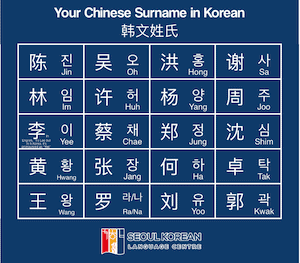
How to Write Your Name in Korean - Hana Cho
\"Unlock a world of communication and understanding with our easy and comprehensive translation guide. Watch our video and learn how to effortlessly translate between languages and connect with people from all walks of life!\"
Translate Your Name in Korean - How to Write Name in Hangeul - Tagalog
\"Discover the beauty and elegance of the Korean alphabet with our captivating video on Hangeul. Dive into the fascinating history, stroke by stroke breakdown, and practical tips to master this unique script. Immerse yourself in the magic of Hangeul today!\"
Examples of Translated Names in Korean
Translating names into Korean can vary depending on phonetic similarities, chosen meanings, or personal preferences. Here are examples of common English names translated into Korean, demonstrating how different aspects can influence the translation process:
- Michael (마이클) - 미카엘 (Mikael): Phonetically adapted to match Korean pronunciation, with a common choice for the equivalent Korean name.
- Elizabeth (엘리자베스) - 엘리스 (Elise): Simplified to fit Korean phonetic structure, focusing on a similar sound.
- Christopher (크리스토퍼) - 크리스 (Chris): Often shortened to match Korean naming conventions, emphasizing the first syllable.
- Jennifer (제니퍼) - 진희 (Jinhee): Translated to a common Korean name that sounds somewhat similar, also considering the meaning of the Korean name components.
- David (데이비드) - 대빈 (Daebin): Chosen for phonetic resemblance, with the Korean name also carrying a positive meaning.
These examples highlight the flexibility in translating names to Korean, where phonetic similarity, simplicity, or the selection of names with meaningful characters can all play a role.

Using Korean Names in Professional and Social Settings
Adopting a Korean name can be a meaningful step for individuals engaging with Korean culture or working in Korea. Here are guidelines for using Korean names in various settings, ensuring respect and proper etiquette:
- In the Workplace: Using your Korean name can facilitate smoother interactions and integration into the work environment. It\"s especially appreciated in emails, business cards, and introductions. However, clarify your preference for being addressed by your Korean name to avoid confusion.
- During Social Gatherings: A Korean name can make social interactions more comfortable and natural among Korean peers. It shows respect for the culture and can be a conversation starter about your interest in Korea.
- On Social Media: For those active on social media, using a Korean name can help in connecting with Korean speakers and engaging with content in the language. It also adds a layer of cultural identity to your online presence.
- In Academic Settings: Students and educators might find using Korean names helpful in language courses or cultural exchange programs. It enhances the immersive experience and shows commitment to learning.
While adopting a Korean name, it\"s essential to understand its meaning and pronunciation fully. This ensures that you\"re using it appropriately and respecting the cultural significance names hold in Korea.
READ MORE:
Tools and Resources for Learning More About Korean Names
Exploring the intricacies of Korean names can be a fascinating journey. To deepen your understanding and appreciation of Korean naming conventions, here are several tools and resources to get you started:
- Korean Name Generators: Online generators can provide immediate translations of your name into Korean, complete with meanings. They’re a great starting point for beginners.
- Language Learning Apps: Apps like Duolingo, Babbel, and Tandem offer lessons on Korean language and culture, including sections on names and their significance.
- Korean Culture Blogs and Websites: Sites dedicated to Korean culture often have articles and guides on naming conventions, the history of Korean names, and how to choose one for yourself.
- Social Media Groups: Joining Korean culture or language exchange groups on platforms like Facebook or Reddit can connect you with native speakers who can offer insights and advice on Korean names.
- Books and Academic Papers: For those looking for a more scholarly approach, there are numerous books and research papers on Korean linguistics that delve into the history and cultural significance of names.
- Korean Language Classes: Enrolling in a Korean language class is a comprehensive way to learn about the language and culture, including how names are formed and used in society.
Whether you\"re interested in choosing a Korean name for yourself or simply curious about the culture, these resources offer valuable information and insights into the beautiful complexity of Korean names.
Embarking on the journey of translating your name into Korean opens a window to the rich tapestry of Korean culture. Let your new name be a bridge to understanding, connection, and appreciation of this vibrant heritage.
_HOOK_






